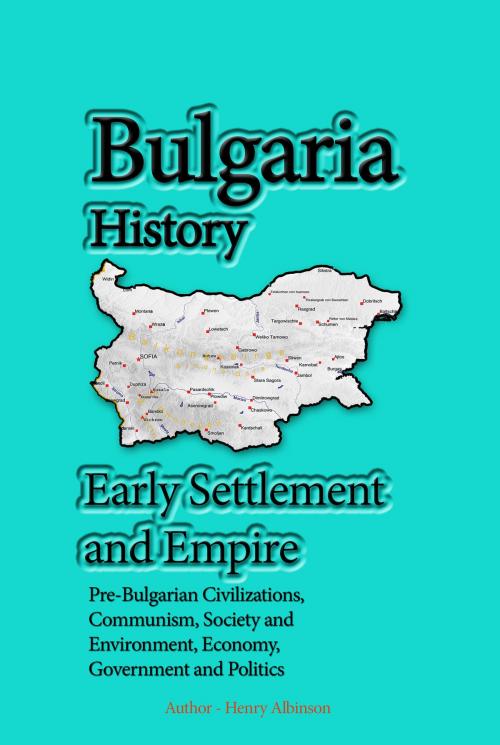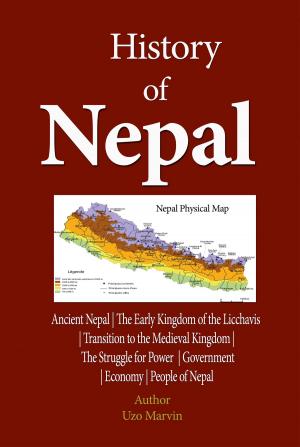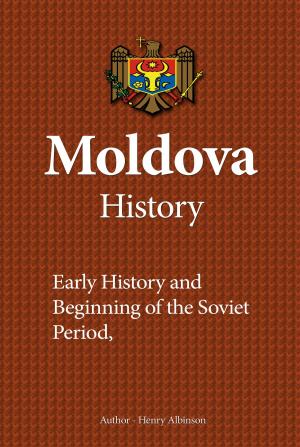Bulgaria History, Early Settlement and Empire
Nonfiction, History, Eastern Europe, Social & Cultural Studies, Political Science| Author: | Henry Albinson | ISBN: | 9781311122063 |
| Publisher: | Sonit Education Academy | Publication: | June 25, 2016 |
| Imprint: | Smashwords Edition | Language: | English |
| Author: | Henry Albinson |
| ISBN: | 9781311122063 |
| Publisher: | Sonit Education Academy |
| Publication: | June 25, 2016 |
| Imprint: | Smashwords Edition |
| Language: | English |
Bulgaria early history and civilization, Bulgaria culture, Bulgaria development, Bulgaria tourism, Bulgaria economic situation. In the past 150 years, vast changes have completely transformed the political and economic situation in Bulgaria, as well as the country's way of life. Poor peasants who served a foreign ruler first became land-owning peasants, then industrial workers who were mostly urbanized and disconnected from the land. Bulgarians who had traveled no farther than the next village began to migrate, often to gain a better education or to get a job in a growing industry. As villages and towns became less isolated, both internal migration and emigration became easier.
The decline in the agricultural way of life also made people susceptible to changes on a national level rather than on a village or regional level. People were less self-sufficient for their basic needs and therefore more vulnerable to fluctuations in the national economy. The traditional support systems of the extended family and cooperative work in the village were replaced by a vast network of national social welfare programs. Instead of receiving help from family and neighbors, the poor, elderly, and disabled grew dependent on governmental programs. The sick no longer relied solely on traditional village healers once villagers and city people alike fell under coverage of a national health system.
Bulgaria early history and civilization, Bulgaria culture, Bulgaria development, Bulgaria tourism, Bulgaria economic situation. In the past 150 years, vast changes have completely transformed the political and economic situation in Bulgaria, as well as the country's way of life. Poor peasants who served a foreign ruler first became land-owning peasants, then industrial workers who were mostly urbanized and disconnected from the land. Bulgarians who had traveled no farther than the next village began to migrate, often to gain a better education or to get a job in a growing industry. As villages and towns became less isolated, both internal migration and emigration became easier.
The decline in the agricultural way of life also made people susceptible to changes on a national level rather than on a village or regional level. People were less self-sufficient for their basic needs and therefore more vulnerable to fluctuations in the national economy. The traditional support systems of the extended family and cooperative work in the village were replaced by a vast network of national social welfare programs. Instead of receiving help from family and neighbors, the poor, elderly, and disabled grew dependent on governmental programs. The sick no longer relied solely on traditional village healers once villagers and city people alike fell under coverage of a national health system.















